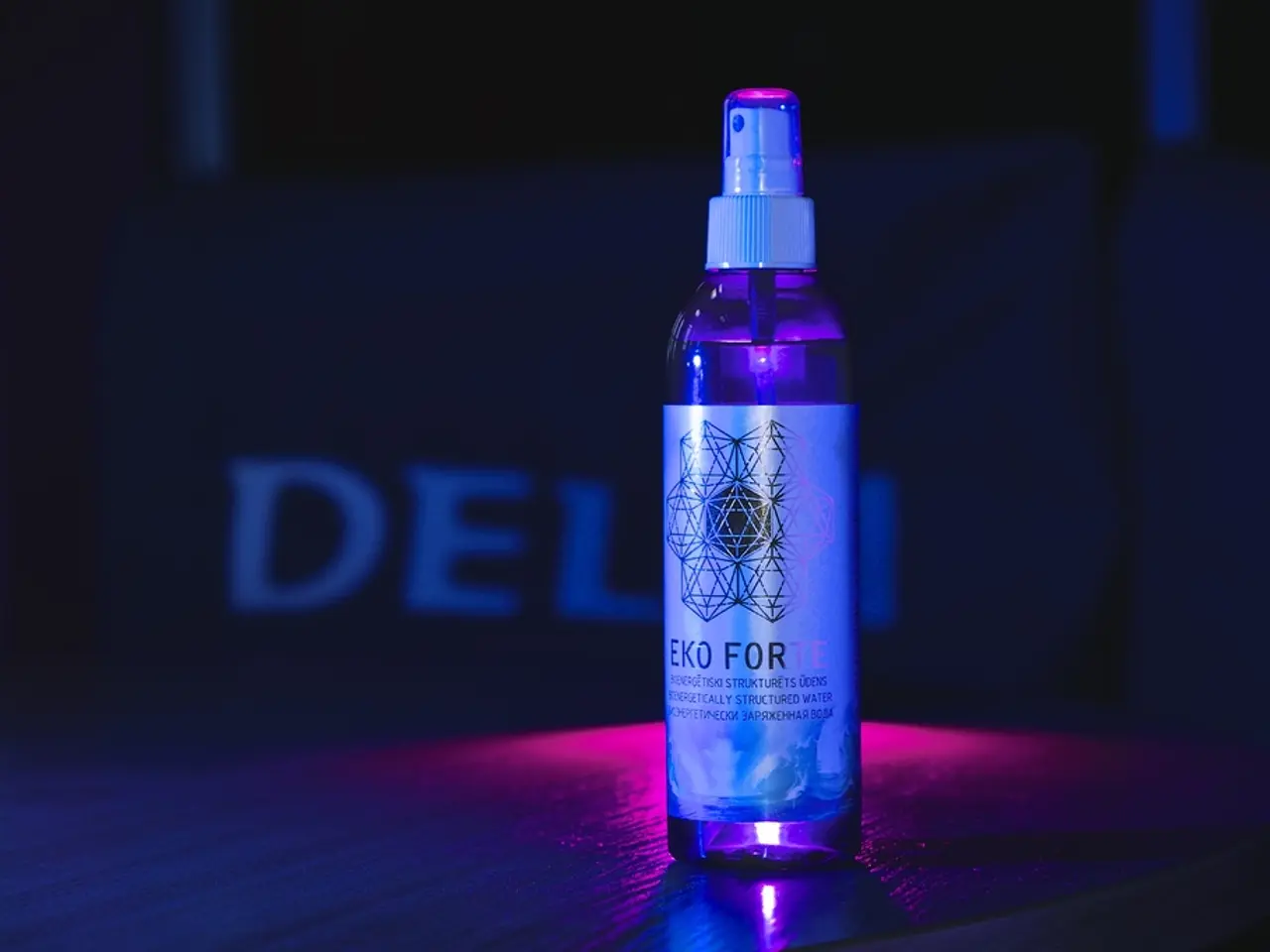Vyvanse's Functioning Explained: Delving into Its Impact on ADHD, Depression, and Anxiety
In the realm of mental health treatment, Vyvanse (lisdexamfetamine) has gained interest as a potential off-label option for depression and anxiety. Primarily FDA-approved to treat Attention Deficit Hyperactivity Disorder (ADHD) and binge eating disorder, Vyvanse is occasionally used to address symptoms of depression in rare cases.
However, it's essential to note that Vyvanse's use for depression and anxiety is not backed by extensive research, with most evidence being anecdotal or limited to treatment-resistant cases where conventional antidepressants have failed. The drug's stimulant properties, which can improve focus, energy, and motivation—symptoms often impaired in depression—may theoretically contribute to its potential antidepressant effects, attributed to its impact on dopamine and norepinephrine levels.
Despite the potential benefits, Vyvanse is not without risks. As a Schedule II stimulant, it has a high potential for abuse and dependence. It carries significant cardiovascular risks, including increased heart rate, hypertension, stroke, and sudden death in individuals with heart conditions. Furthermore, it may worsen or trigger psychiatric symptoms such as new or worsening psychosis, mania, aggression, or anxiety, especially in patients with a history of mental illness or bipolar disorder. Withdrawal from Vyvanse can lead to psychological symptoms like depression and anxiety, complicating its use in mood disorders.
Given these risks, careful medical supervision is crucial when considering Vyvanse for depression. Doctors generally weigh the risk-benefit ratio carefully before prescribing Vyvanse off-label for depression or anxiety. Other medications like Selective Serotonin Reuptake Inhibitors (SSRIs), Serotonin and Norepinephrine Reuptake Inhibitors (SNRIs), bupropion, or non-stimulant ADHD medications may be preferred first-line options for depressive and anxiety symptoms.
When ingested, Vyvanse is broken down into dextroamphetamine. Its gradual metabolism contributes to its long-lasting effects and reduced potential for abuse compared to immediate-release stimulants. However, this does not eliminate the risks associated with long-term use, such as tolerance or changes in effectiveness over time.
Regular monitoring and adjusting of treatment plans are essential when using Vyvanse for depression. Close psychiatric monitoring is required to detect any worsening of mood or emergence of psychosis or anxiety. Careful cardiovascular screening is also essential before initiating Vyvanse for any off-label use, especially in people with underlying heart conditions.
The complex interplay between ADHD, depression, and anxiety underscores the importance of a comprehensive approach to mental health treatment. Alternative treatments and therapies such as cognitive-behavioral therapy, mindfulness-based stress reduction techniques, exercise, and lifestyle modifications, nootropics, or cognitive enhancers may be considered alongside or instead of Vyvanse.
As research continues, future studies may provide more insights into the efficacy and long-term effects of Vyvanse for mood disorders. However, for now, safer and better-studied antidepressants and anxiolytics remain the standard of care for these conditions. Regular check-ins with healthcare providers are crucial to assess the ongoing benefits and risks of treatment.
- Stress related to mental health can sometimes lead individuals to seek alternative therapy options, such as the use of Vyvanse (lisdexamfetamine), despite it primarily being FDA-approved for ADHD and binge eating disorder.
- Although Vyvanse's off-label use for depression and anxiety is not widely researched, the drug's impact on dopamine and norepinephrine levels and ability to enhance focus, energy, and motivation has demonstrated potential antidepressant effects in certain cases.
- Despite these potential benefits, Vyvanse comes with risks, as it's a Schedule II stimulant with a high potential for abuse and dependence, and carries cardiovascular risks, such as increased heart rate, hypertension, stroke, and sudden death in individuals with heart conditions.
- Psychiatric symptoms, including new or worsening psychosis, mania, aggression, or anxiety, may also emerge or be worsened when patients with a history of mental illness or bipolar disorder use Vyvanse.
- After withdrawal from Vyvanse, patients may experience psychological symptoms like depression and anxiety, making it a challenging option for those suffering from mood disorders.
- Careful medical supervision is crucial when considering Vyvanse for depression, and doctors often weigh the risk-benefit ratio before prescribing it off-label in such cases.
- Other medications like Selective Serotonin Reuptake Inhibitors (SSRIs), Serotonin and Norepinephrine Reuptake Inhibitors (SNRIs), bupropion, or non-stimulant ADHD medications may be preferred first-line options for depressive and anxiety symptoms.
- Vyvanse is broken down into dextroamphetamine and has a gradual metabolism, contributing to its long-lasting effects and reduced potential for abuse compared to immediate-release stimulants.
- Regular monitoring and adjusting of treatment plans are essential when using Vyvanse for depression, with close psychiatric monitoring to detect worsening mood or emergence of psychosis or anxiety, and cardiovascular screening before initiating the drug.
- A comprehensive approach to mental health treatment is important, involving alternative treatments and therapies like cognitive-behavioral therapy, mindfulness-based stress reduction techniques, exercise, lifestyle modifications, nootropics, or cognitive enhancers, along with or instead of Vyvanse.
- As research continues, future studies may provide more insights into the efficacy and long-term effects of Vyvanse for mood disorders, but safer and better-studied antidepressants and anxiolytics remain the standard of care for these conditions.
- Regular check-ins with healthcare providers are essential to assess the ongoing benefits and risks of any treatment, especially when using Vyvanse for mental health conditions.
- Along with Vyvanse, medications like CBD, used for neurological disorders, may play a role in mental-health therapies-and-treatments, while addressing various medical-conditions, such as chronic-diseases, cancer, respiratory-conditions, digestive-health, eye-health, hearing, or skin-conditions, can contribute to overall health-and-wellness.




